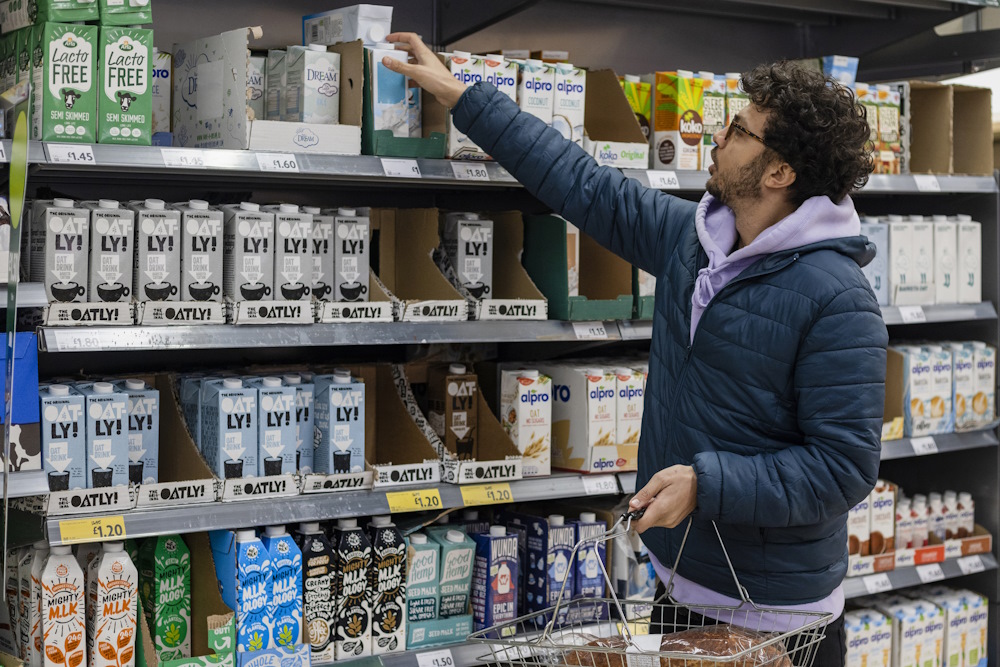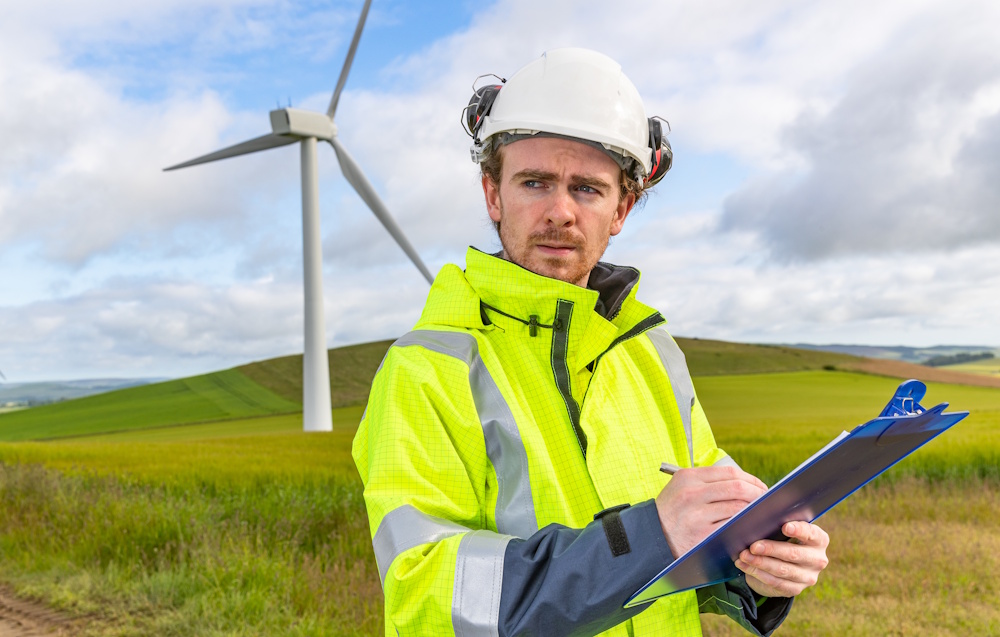Article
Is GHG Labelling the new Carbon Footprint?

Diffusion’s Head of Climate & Cleantech, Peter Jackson discusses the growing clamour for Greenhouse Gas Labelling on UK food and drink products.
At transport and logistics conferences, I’d make a list of phrases and award myself a theoretical pound for every time I heard them. One of the most lucrative sources of imaginary cash was the suggestion that:
‘If consumers were willing to pay 5 pence extra for the cost of a new t-shirt, we could solve decarbonisation funding overnight’.
This imagines a choice between a £9.95 and a £10 shirt, where for 5p, the customer can ensure that, whatever other costs of the shirt, it’s been shipped with a low or zero carbon option. Millions of 5p pieces would add up to sufficiently decarbonise the supply chain.
For me, it always rang slightly hollow. It put far too much power at the hands of an end consumer by ignoring the complex web of structural factors that separate the price of an item in a shop and the cost of shipping; let alone the political difficulties in somehow channelling this cash into a global action fund of some kind.
There’s a degree to which this comes out of a desire to make the costs of decarbonisation someone else’s problem, or to suggest a carbon tax without mentioning the ‘T’ word. But the prevalence of this idea also points to the perceived power of awareness – the idea that once a consumer is given the information about the impact of their actions, they will automatically be more inclined to choose a more virtuous option; the Fair Trade, the low-carbon, the healthier option.
New Call for GHG (Green House Gas) Labels
Oat-milk brand Oatly is leaning on the power of awareness this week, with a cheeky, on-brand challenge to the dairy industry to reveal its CO2 footprint per kg of milk, displayed on a billboard they’re paying for. I’ll be surprised if the dairy industry rises to the challenge.
It’s part of a wider call for carbon labelling of food items in the UK.
It’s a smart, on-brand move – but it’ll be interesting to see how it shakes off associations with the idea of the Carbon Footprint. The Carbon Footprint is the most notorious attempt to present consumer awareness as a solution to the climate crisis. Looking at climate change through the lens of individual choices is nothing new, but this framing originates in 2004 with BP. Because of this, it’s now often seen as a cynical ploy developed by Big Oil to put the responsibility of solving climate change onto the individual, away from them; to get consumers counting food miles instead of thinking about the wider forces at play behind climate breakdown.
At the same time, choices do add up, and there’s an argument to be made that it‘s a useful nudge; that ‘you can’t manage what you can’t measure’, and that there’s some benefit (or at least little harm) in giving people information they need to make smarter choices, particularly given the enormous challenge of driving structural change.
The data suggests that carbon labelling can nudge people towards less GHG-intense purchases, with one 2018 study citing a 20% premium that climate-friendly products can deliver. It would be interesting to see whether this could be replicated in 2023, with the pressures of the cost of living crisis to factor in.
Going beyond Awareness
Ultimately, I think this is a good campaign. It’s less about the numbers that Oatly is putting out there, but the data that the dairy industry isn’t going to share. The climate crisis is front and centre enough that CO2/kg should be understandable, even as ‘label fatigue’ sets in with a bewildering variety of sustainability claims bombarding consumers. It makes Oatly the good guys, and puts their competition on the defensive.
After all, the success of Oatly and other plant-based products shows that consumer power works. Despite the power of the incumbent meat and dairy industries, plant-based food is a lot further towards becoming mainstream than it has in the past. Much of this is down to individual consumer choice, driven by awareness of meat and dairy’s climate impact.
But brands, particularly cleantech and climate-focused brands, can’t afford to just hit the awareness button, or hope that adding new ratings or metrics will solve their problems for them. It’s easy to ignore a GHG number when it doesn’t affect the bottom line. Awareness nudges can have an impact, but they are no substitute for larger, systemic changes. Given the scale and urgency of the climate crises, brands must recognize this as they advocate for change, even if they are starting small.
Cleantech and climate-focused brands will need to go beyond awareness, and ensure that their audiences understand the story behind the label – and the real value they can deliver.
Get in touch with me at [email protected] to find out more about how we can help ambitious brands in climate and cleantech to bring tomorrow closer.





